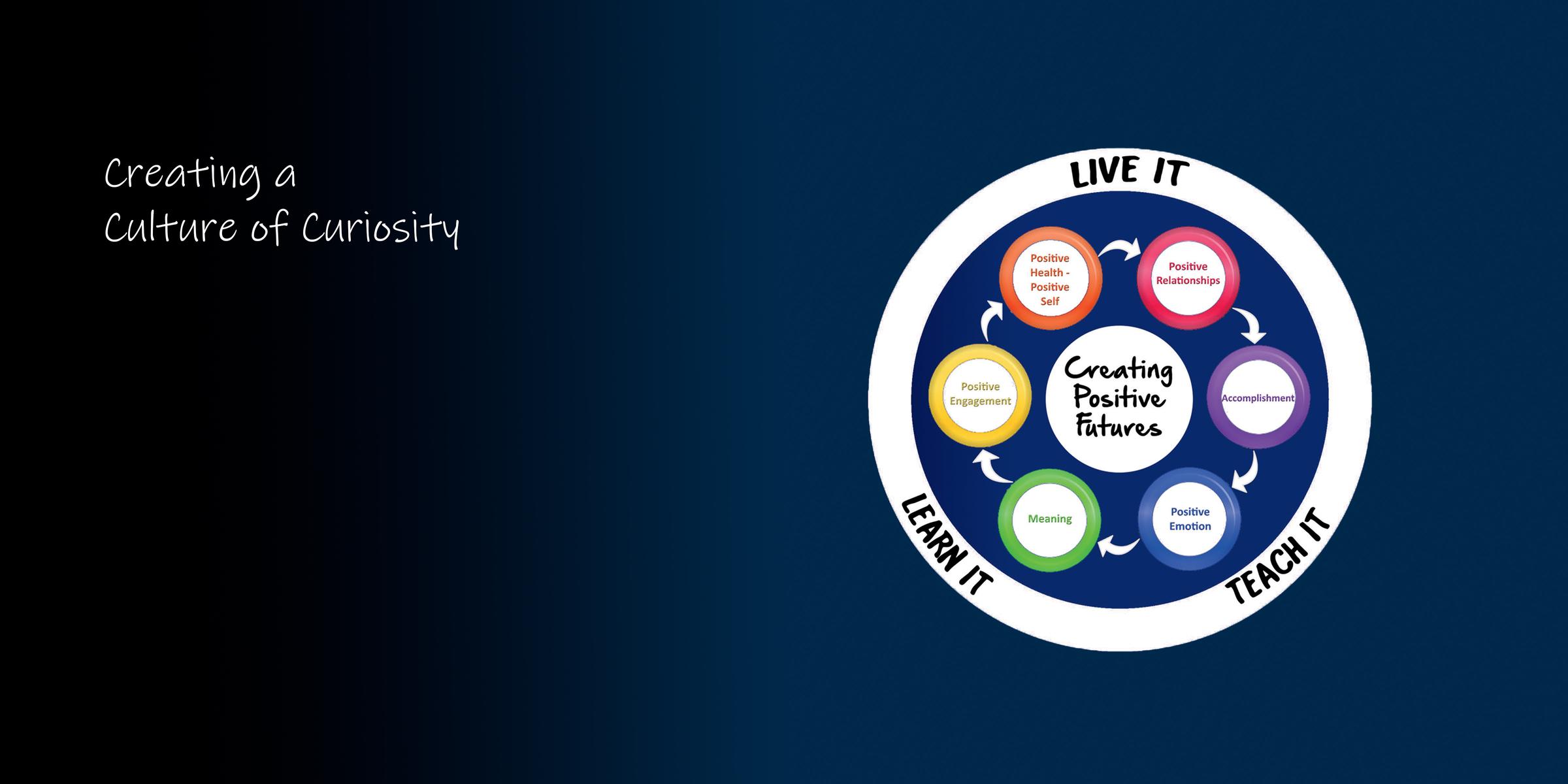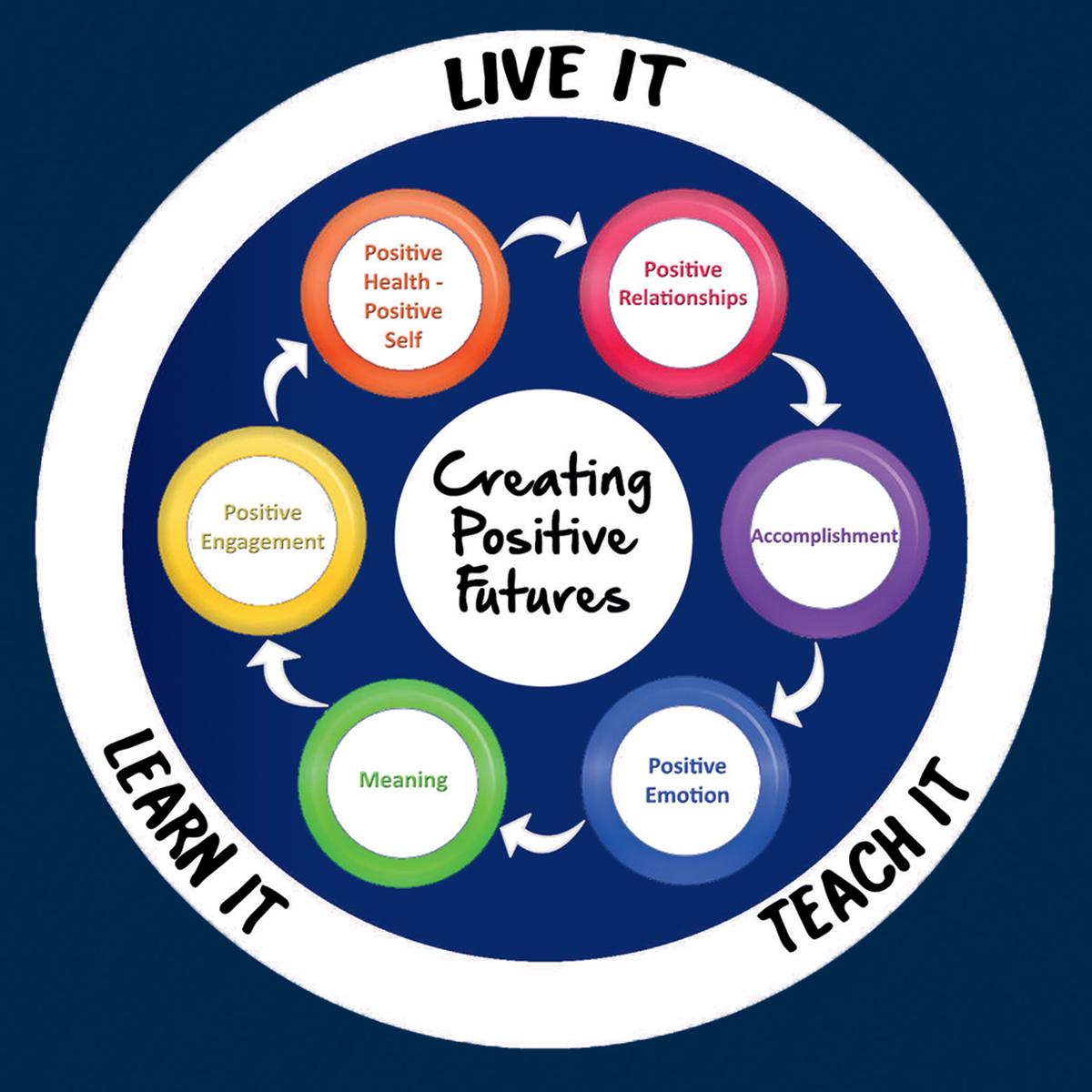Positive Futures News

Positive Futures Term One
Dear Parents,
Throughout a mammoth Term 2 our Positive Futures Program has continued to nurture both individual growth and community connection. This period has been marked by meaningful learning experiences that have strengthened our students' resilience, cultural understanding, and sense of belonging within our diverse school community.
Spreading kindness through action
Our Year 7 students have completed their kindness projects, demonstrating remarkable creativity and compassion in their approach to making a positive difference. These student-led initiatives have not only benefited our school community but have also helped our youngest secondary students understand the ripple effect of deliberate acts of kindness. The projects have ranged from peer support initiatives to environmental care actions, each reflecting the unique interests and strengths of our Year 7 cohort.
Movement for mental wellbeing
Year 8 and 9 students participated in an engaging physical activity session designed to explore the powerful connection between movement and mood. Through a series of quick exercises, students experienced firsthand how physical activity can shift their outlook and energy levels. This practical experience has equipped them with a simple yet effective tool for managing their emotional wellbeing.
Building resilience for academic success
Our Year 9, 10, and 11 students engaged in comprehensive exam stress management workshops, learning evidence-based techniques to navigate moments of overwhelm. Students explored breathing techniques, cognitive reframing strategies, and mindfulness practices that allow them to reset their thoughts during high-pressure situations.
These sessions focused on maintaining a positive mindset while developing practical skills for managing academic pressure—tools they can carry forward throughout their educational journey and beyond.
advancing academic excellence
Year 12 students continued their deep dive into effective revision techniques, exploring the concepts of elaboration, dual coding, and metacognition. These sophisticated learning strategies help our senior students not just work harder but work smarter as they approach their final assessments.
Additionally, our Year 12s received comprehensive education about Australia's preferential voting system, gaining practical knowledge about how their voices will be counted in democratic processes. This civic education ensures our graduating students are well-prepared to engage meaningfully in our democratic society.
Honouring our shared heritage
During Reconciliation Week, our entire school community engaged with Wurundjeri language and traditional art symbols, deepening our understanding of the rich cultural heritage of the traditional owners of our land. Students explored the meaning behind various symbols and learned key phrases in the local Indigenous language, fostering respect and connection to Country.
We also commemorated ANZAC Day, reflecting on the service and sacrifice of those who have served our nation, while connecting these historical lessons to contemporary values of courage, mateship, and perseverance.
Fostering respect and inclusion
Throughout this period, we've emphasised respect for LGBTQIA+ community members, focusing on practical ways students can demonstrate kindness and understanding toward people whose experiences may differ from their own. These conversations have strengthened our school's culture of acceptance and belonging, ensuring every student feels valued and supported.
Looking ahead
These diverse experiences continue to reinforce our program's core mission: developing young people who are not only academically capable but also emotionally intelligent, culturally aware, and socially responsible.
Georgina Hammond
Positive Futures Program Coordinator
What is the EDSC Positive Futures program?
Positive Education brings together the science of positive psychology with best-practice teaching.
The school’s journey with Positive Education began in 2012 with Positive Education focuses and values implemented across each year level and over time has evolved into the whole school approach launched in 2020.
Our Positive Futures program has some very clear goals:
- We want to improve student quality of life and their engagement with others, including with their teachers
- We seek to develop students in a more holistic way, with a stronger focus on wellbeing
There are six tenets of Positive Psychology that are embedded into our model:
Positive Health – Positive Self
Developing knowledge, understanding and skills to promote health and well – being.
Positive Relationships
Nurturing positive relationships based on respect.
Accomplishment
Generating hope and optimism through the accomplishment of personal and community goals
Positive Emotion
Building and experiencing positive emotion.
Meaning
Believing in serving something greater than ourselves.
Positive Engagement
Developing critical thinkers by promoting challenge, curiosity and creativity.
More resources and information can be found here:
https://www.eastdonsc.vic.edu.au/wellbeing-engagement-positive-futures
Georgina Hammond
Positive Futures Coordinator

